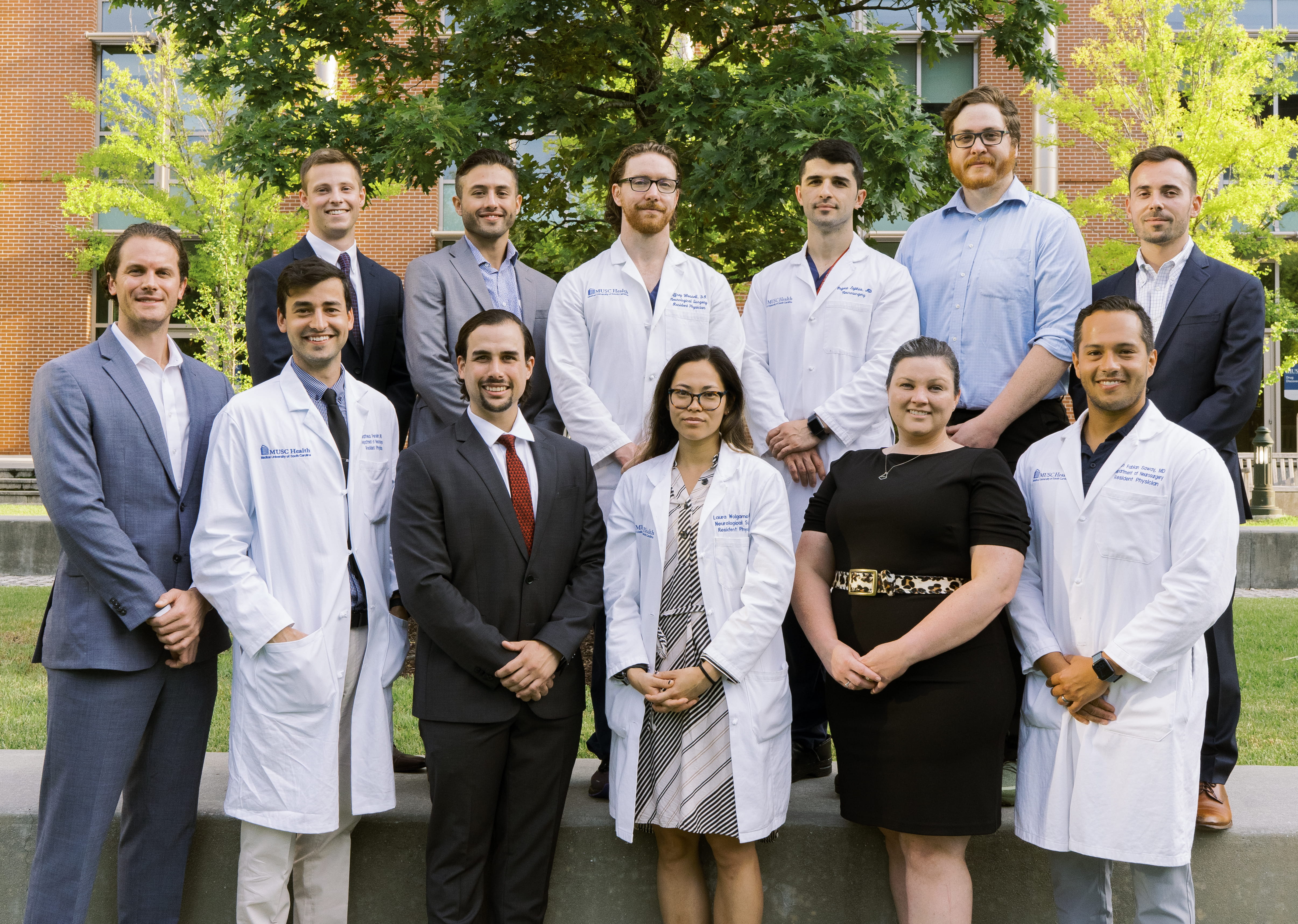
Eastham Special Town Meeting on Wastewater Treatment Facility
Overview
On June 23, 2025, the town of Eastham convened a special town meeting to discuss and vote on the establishment of a new wastewater treatment facility. This initiative aligns with several Sustainable Development Goals (SDGs), particularly those focused on clean water and sanitation, sustainable cities and communities, and climate action.
Meeting Highlights
- Community Engagement: Residents actively participated by asking questions and expressing their views on the proposed wastewater treatment plant, demonstrating strong civic involvement and commitment to sustainable development.
- Expert Consultation: Consultant Ziad Kary from APEX Companies provided detailed information about the project, addressing environmental and technical aspects to ensure transparency and informed decision-making.
- Town Leadership: Eastham Town Manager Jacqueline Beebe responded to community inquiries, highlighting the town’s dedication to responsible governance and sustainable infrastructure development.
- Voting Outcome: The voters approved the plan for the new wastewater treatment facility, signaling community support for improved environmental management and public health.
Alignment with Sustainable Development Goals (SDGs)
- SDG 6: Clean Water and Sanitation
- The new wastewater treatment facility aims to enhance water quality by effectively treating sewage and reducing pollution, contributing to the availability and sustainable management of water resources.
- SDG 11: Sustainable Cities and Communities
- By investing in modern wastewater infrastructure, Eastham promotes sustainable urban development that protects the environment and improves residents’ quality of life.
- SDG 13: Climate Action
- The facility is expected to incorporate environmentally friendly technologies that reduce greenhouse gas emissions and support climate resilience.
- SDG 3: Good Health and Well-being
- Improved wastewater treatment reduces health risks associated with waterborne diseases, enhancing community health outcomes.
Community Impact and Future Steps
- The approval of the wastewater treatment plant marks a significant step toward sustainable environmental management in Eastham.
- Ongoing community involvement and transparent communication will be essential as the project progresses to ensure it meets sustainability and public health objectives.
- The project serves as a model for integrating local infrastructure development with global sustainability goals, fostering resilience and environmental stewardship.
1. Sustainable Development Goals (SDGs) Addressed or Connected
- SDG 6: Clean Water and Sanitation
- The article focuses on a special town meeting regarding a wastewater treatment facility in Eastham. This directly relates to ensuring availability and sustainable management of water and sanitation for all.
- SDG 11: Sustainable Cities and Communities
- The development of wastewater treatment infrastructure contributes to making cities and human settlements inclusive, safe, resilient, and sustainable.
- SDG 13: Climate Action
- While not explicitly mentioned, wastewater treatment facilities help reduce pollution and mitigate environmental impacts, contributing to climate action efforts.
2. Specific Targets Under the Identified SDGs
- SDG 6: Clean Water and Sanitation
- Target 6.3: By 2030, improve water quality by reducing pollution, minimizing release of hazardous chemicals and materials, and substantially increasing recycling and safe reuse globally.
- Target 6.1: Achieve universal and equitable access to safe and affordable drinking water for all (implied through wastewater treatment improvements).
- SDG 11: Sustainable Cities and Communities
- Target 11.6: Reduce the adverse per capita environmental impact of cities, including by paying special attention to air quality and municipal and other waste management.
- SDG 13: Climate Action
- Target 13.1: Strengthen resilience and adaptive capacity to climate-related hazards and natural disasters in all countries (implied by improving infrastructure such as wastewater treatment to reduce environmental risks).
3. Indicators Mentioned or Implied to Measure Progress
- For SDG 6.3
- Proportion of wastewater safely treated (implied by the focus on building a wastewater treatment facility).
- Water quality indicators such as reduction in pollutants in local water bodies (implied goal of the facility).
- For SDG 11.6
- Amount of municipal waste collected and treated safely (implied by the wastewater treatment initiative).
- Reduction in environmental pollution levels in the community.
- For SDG 13.1
- Number of infrastructure projects implemented to improve resilience to environmental hazards (implied by the wastewater treatment project).
4. Table: SDGs, Targets and Indicators
| SDGs | Targets | Indicators |
|---|---|---|
| SDG 6: Clean Water and Sanitation |
|
|
| SDG 11: Sustainable Cities and Communities |
|
|
| SDG 13: Climate Action |
|
|
Source: capecodtimes.com







